Sir James Dyson came up with his electric car idea in the 1990s, while experimenting with equipment to collect diesel particulates by centrifugal action. He knew exhaust pollution was harmful, but his attempts to sell clean-up technology were overtaken by official directives suggesting diesels were “clean and green”. Speaking here from his Singapore base, where his cars will be made from 2021, Dyson discusses the car’s design.
The latest on Dyson's electric car
What is your motivation for making an electric car?
"Nobody was interested in our original exhaust clean-up idea, but we had a bright team developing high-speed electric motors for other Dyson products, we were researching air purification, we had our own aerodynamicists and we were developing solid state batteries. Put those things together and you have the main elements of an electric car."
What’s your view of the sales potential of electric cars?
"Seems to me the industry, and industry commentators, are under-egging the likely growth of the market. People will buy them for the right reasons, because they don’t want to cause pollution. It’s nothing to do with what the industry thinks. The public will decide it wants electric cars."
Your new car looks big and expensive. Where will your car sit in the firmament? Is it a premium product?
"I guess it is. That’s how we generally operate. We’ll make several different versions – different car types, not longer or shorter models. We’re not announcing anything about price yet, but we’re not a mass producer yet. When you go into production for the first time, you can’t be the cheapest. We’ll do our best with that but we’ll be making a big car with a lot of innovation in it, so it won’t be cheap."
What led you to your car’s unique proportions?
"It’s all about efficiency. The high ground clearance and low roof cut the car’s frontal area, which is one of the keys to efficiency. We wanted a car with good ground clearance, and you get that with big wheels. They have low rolling resistance, they’re better in snow and the wet, you can have bigger brakes but you still get a big footprint."
Your patents refer to hydrogen and hybrid power as well as battery propulsion. Will this car be battery only? And will it use solid state batteries?
"Yes, it will be battery-powered. As for battery type, we’re not revealing that yet. But at the moment we’re researching two different types of solid state battery in four locations – UK, USA, Japan and Singapore."
How important is a long battery range?
"I believe the public wants electric cars to go as far as possible. You’ve seen our plans: the car has a big battery pack. But aerodynamics and frontal area are also key to having a good range. People don’t want to be filling their cars with electricity to find they’re inefficient. Having efficient motors means that as well as needing less electricity to propel yourself, you make regeneration more effective."
You seem very interested in comfort, and your car’s ground clearance and big wheels suggest lots of wheel travel. Will you use air suspension, adjustable ride height and ride rates?

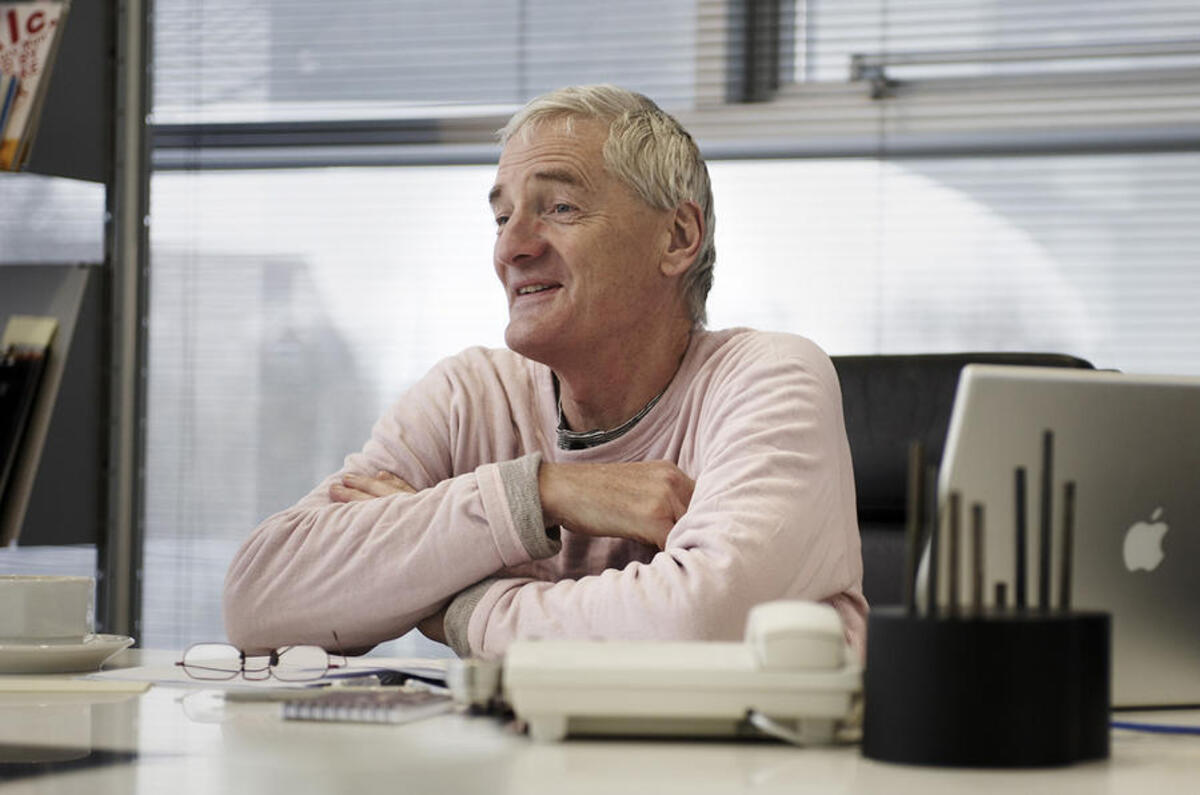
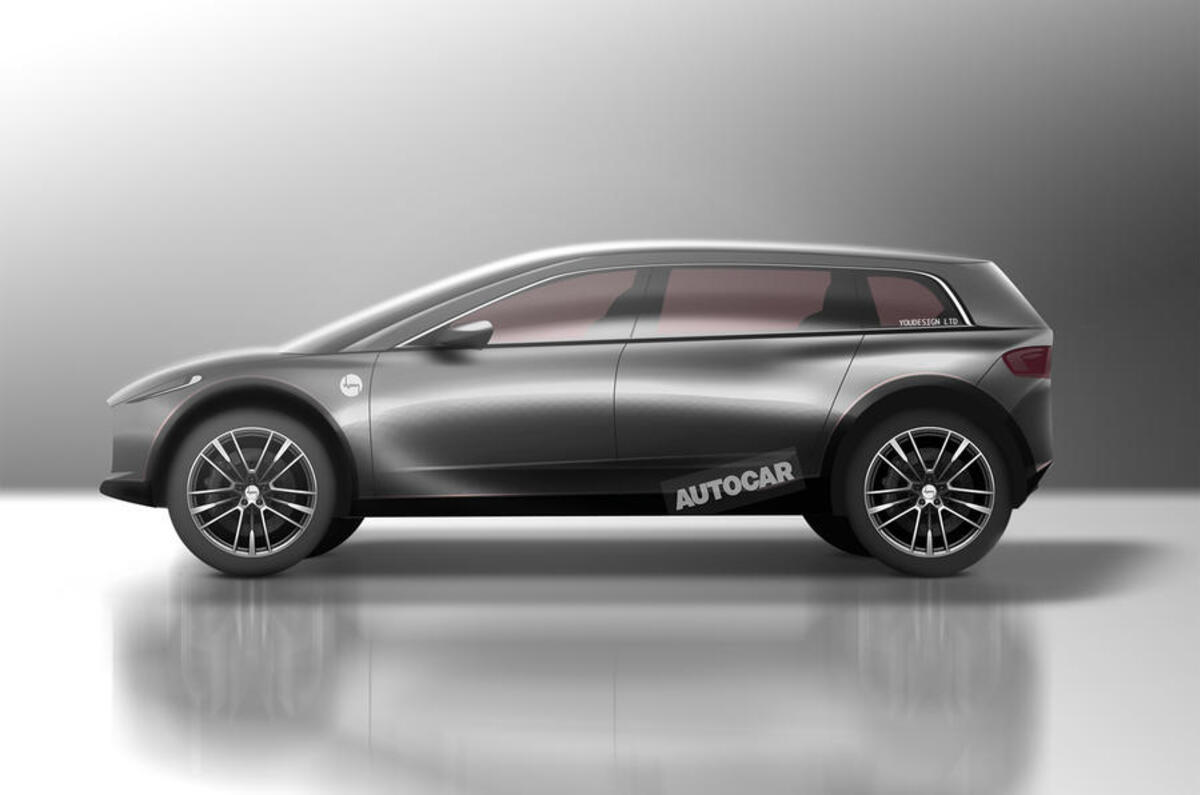
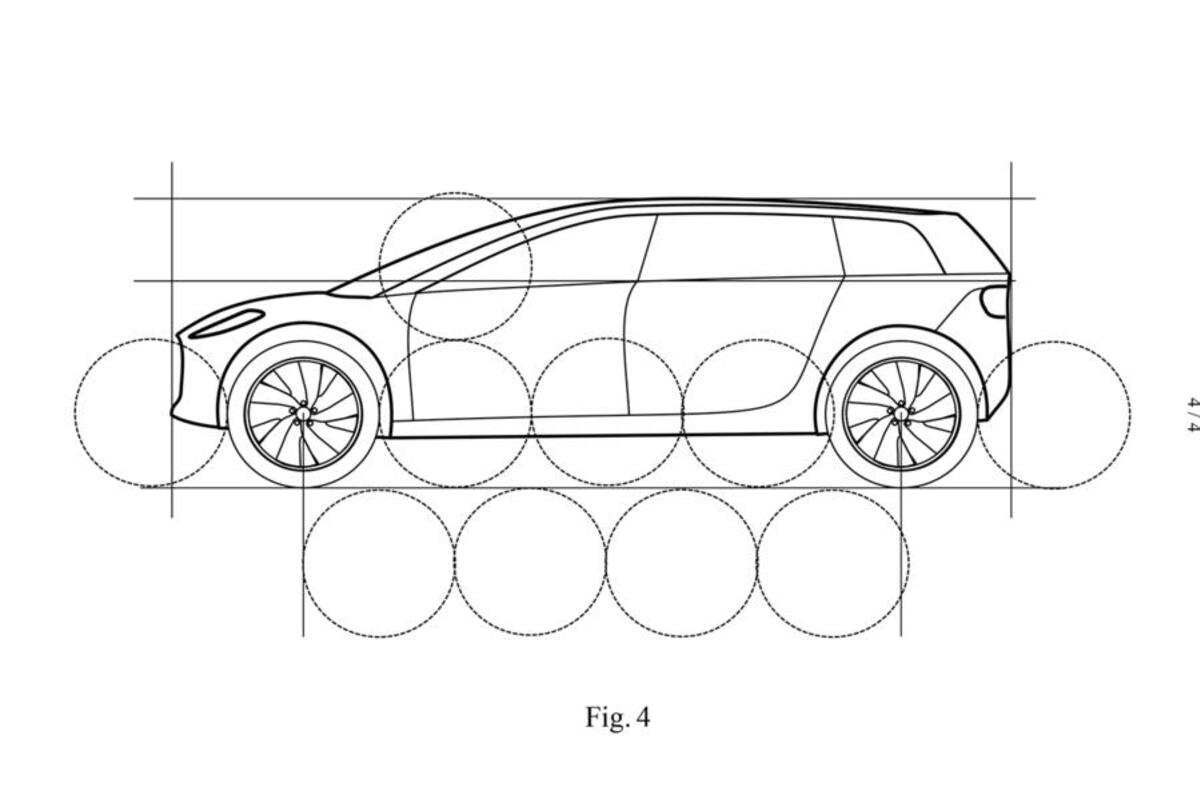

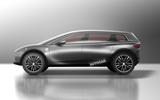
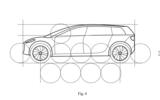






Join the debate
Add your comment
Brexit or not, Singapore or
Brexit or not, Singapore or not, Dyson has massive investment in this country, not only in R&D and engineering, but also in education, especially at university level.
My current Dyson is a stick-type cordless, which cleans the whole house on one charge.
Good luck with the car project: he's come a looong way since the Ballbarrow of 1974.
He's left for Singapore
He's left for Singapore because the Brits are great innovators but rubbish at building things efficiently.
The far east is where efficient building has to be seen to be believed.
I've seen it and it's true whether you like it or not
Reliability..